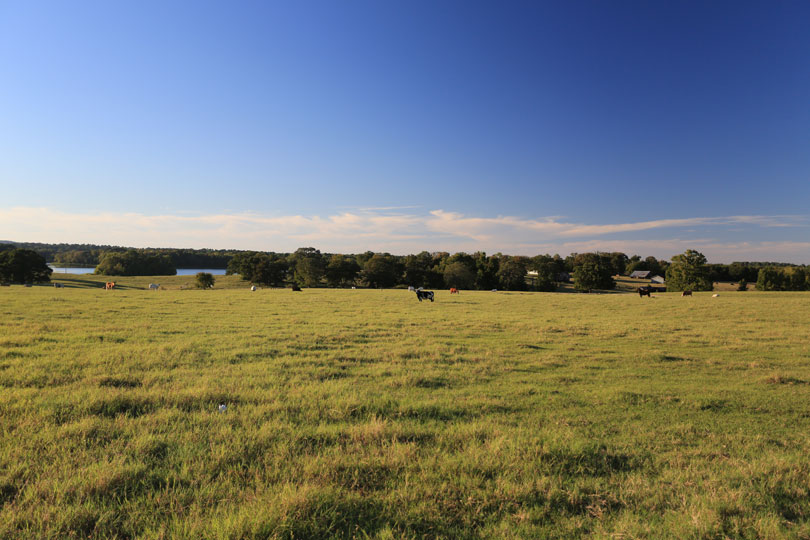By Justin Walker
Communications Specialist
U.S. Secretary of Agriculture Sonny Perdue testified on the state of the rural economy before the U.S. House Committee on Agriculture Tuesday.
Perdue addressed current issues facing farmers and ranchers, including commodity prices and weather.
“In updating you on the state of the rural and agricultural economy today, I can report that farmers are continuing to adjust to low commodity prices using a number of strategies, such as by borrowing, which has increased overall debt-to-asset levels in the farm sector,” Perdue said.
Net farm income is down almost 50 percent from its peak in 2013. With commodity prices projected to trend lower, farmers will face tight bottom lines.
“We are seeing the effects of those conditions across the agricultural economy, as farmers cut costs by spending less on inputs, services and capital investments,” he said.
Perdue noted that while crop receipts have fallen, livestock has seen mixed returns. Record levels of production in both crop and livestock sectors were seen in the past few years. Last year saw the largest soybean crop ever, the second highest ever for corn and cotton yields hit a record high. Other countries also saw high production levels, which has impacted the market.
“We expect global production to continue to expand and that will keep stocks abundant and maintain the pressure on prices,” Perdue said.
While farm safety net programs, such as Agricultural Risk Coverage (ARC) and Price Loss Coverage (PLC), have benefited some farmers, those in the cotton and dairy sectors have seen little help. Cotton was not listed as a Title I commodity under the 2014 Farm Bill, resulting in farmers not being eligible for coverage under ARC or PLC.
“Cotton production in 2017 was high as a result of increased acres and high yields in some areas,” Perdue said. “However, not all producers have benefited, as disasters have affected some crops, and the increased production has kept pressure on prices for cotton lint and especially for cottonseed, a co-product that can help producers meet costs.”
Weather also impacted the rural economy, as 2017 was one of the most destructive years on record.
“In addition to low commodity prices, the vagaries of weather made last year a challenge for many of our agricultural producers,” Perdue said.
While there are many issues facing the economy right now, Perdue also recognized that the U.S. Department of Agriculture (USDA) is positioned for success in the coming months.
“Since I was named secretary of agriculture, my goal has been to better position USDA to support agricultural producers, while providing increased accountability to American taxpayers,” Perdue said.
With the implementation of the Farm Production and Conservation (FPAC) Mission Area, a stronger focus has been placed on domestic agricultural issues. USDA has proposed multiple regulations in hopes of modernizing the inspection of both swine slaughter and egg products.
Through the Interagency Task Force on Agriculture and Rural Prosperity, USDA identified legislative, regulatory and policy changes to promote agriculture, economic development, job growth, infrastructure improvements, technological innovation, energy security and quality of life in rural America.
Perdue also addressed the upcoming 2018 Farm Bill, and reinforced USDA’s readiness to help form the legislation.
“I recognize that it is the job of Congress to write the farm bill,” Perdue said. “But we at USDA stand ready to provide whatever counsel Congress may request or require.”
In closing, Perdue stressed the importance of the agricultural and rural economy to the overall national economy.
“The economic success of the United States today and in the future depen

